Netanyahu suggests killing Iran's supreme leader would 'end the conflict': 'We will do what we have to do'

Israeli Prime Minister Benjamin Netanyahu said Monday that killing Iran's Supreme Leader Ayatollah Ali Khamenei would "end the conflict" between the two countries.
"It's not going to escalate the conflict, it's going to end the conflict," Netanyahu told ABC News in an interview when asked about US President Donald Trump's reported veto of an Israeli plan to kill Iran's supreme leader over fears it would escalate hostilities.
Asked whether Israel is targeting Khamenei, Netanyahu replied that his country "does what it has to do."
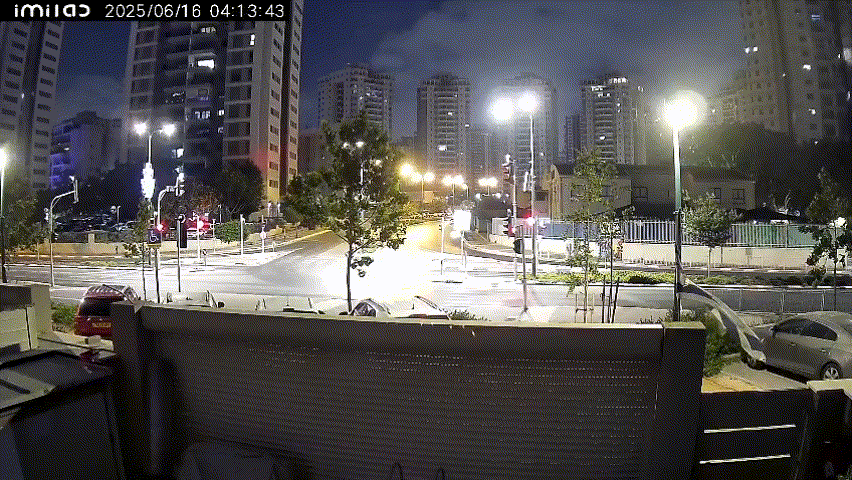
Iranian bombings on Israel Photo: Private social media archives
Following these statements, the Israeli prime minister defended the successes of his campaign against Iran, especially the decapitation of its military leadership, and warned that they will eliminate its leaders "one by one."
Israel is changing "the face of the Middle East" with its attack on Iran, which began Friday, the leader declared in a televised press conference.
The announcement comes days after it emerged that US President Donald Trump opposed an Israeli plan to assassinate Iran's supreme leader, a senior US official said Sunday.

Benjamin Netanyahu (center) visits the site where an Iranian missile hit a building. Photo: EFE
"'Forever war' is what Iran wants, and they are bringing us to the brink of nuclear war," he said. "In fact, what Israel is doing is preventing it, putting an end to this aggression, and we can only do that by standing up to the forces of evil," he added.
We discovered that the Israelis were planning to attack Iran's Supreme Leader. President Trump objected, and we told the Israelis not to do it.
"We discovered that the Israelis were planning to attack Iran's supreme leader. President Trump objected, and we told the Israelis not to do it ," said the US official, who spoke on condition of anonymity.
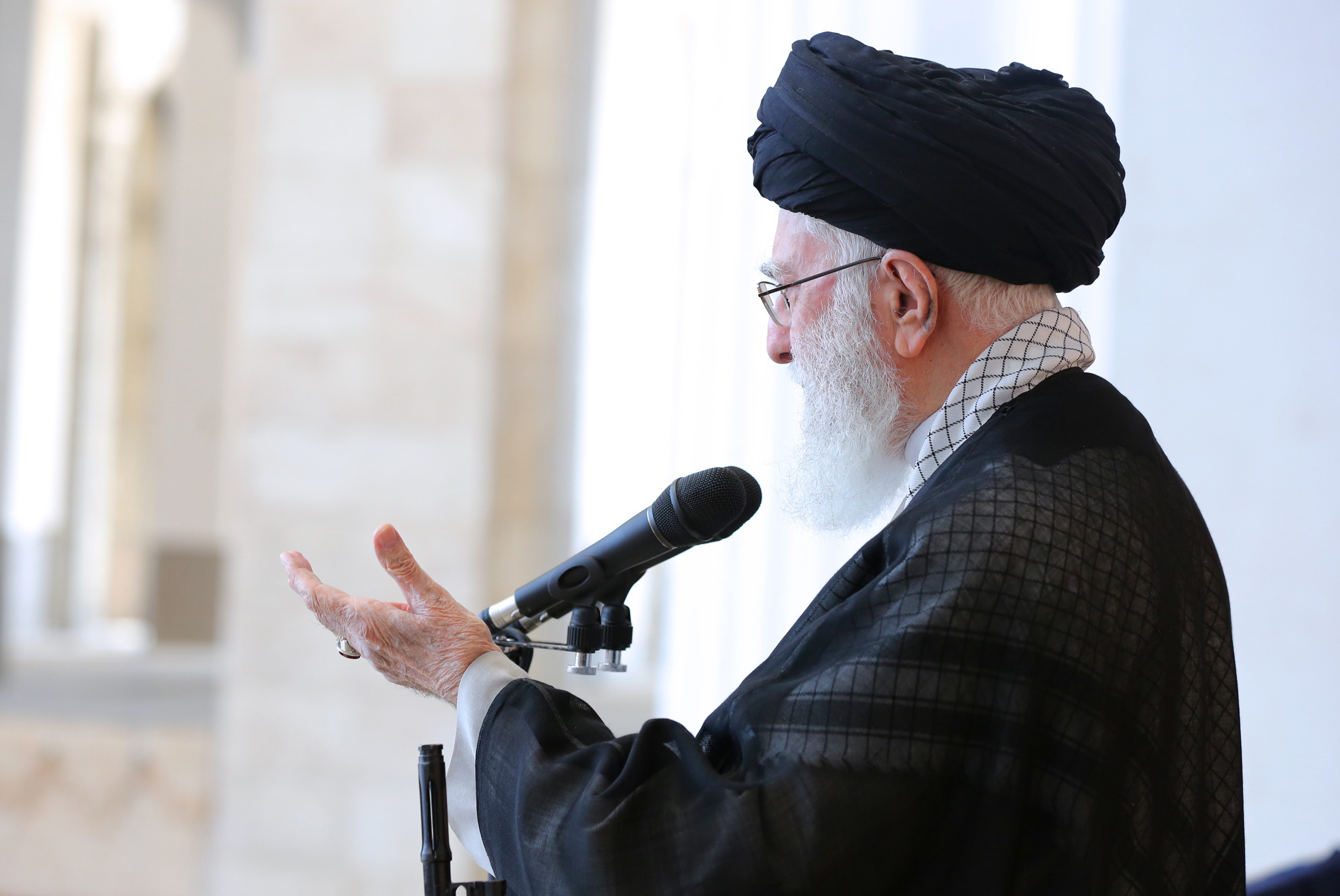
Ali Khamenei. Photo: EFE
Early Sunday, the Israeli prime minister sidestepped a question about this alleged plan in an interview with Fox News: "I'm not going to get into that," he said. "But I can tell you that... we will do what we have to do, and I think the United States knows what's good for the United States," he added.
These statements came amid a renewed exchange of attacks between Israel and Iran on Sunday, which continued with a new wave of attacks on Monday, June 16.
Israeli authorities urged citizens to seek shelter as explosions were heard in Jerusalem and Iran activated its air defense system in Tehran.
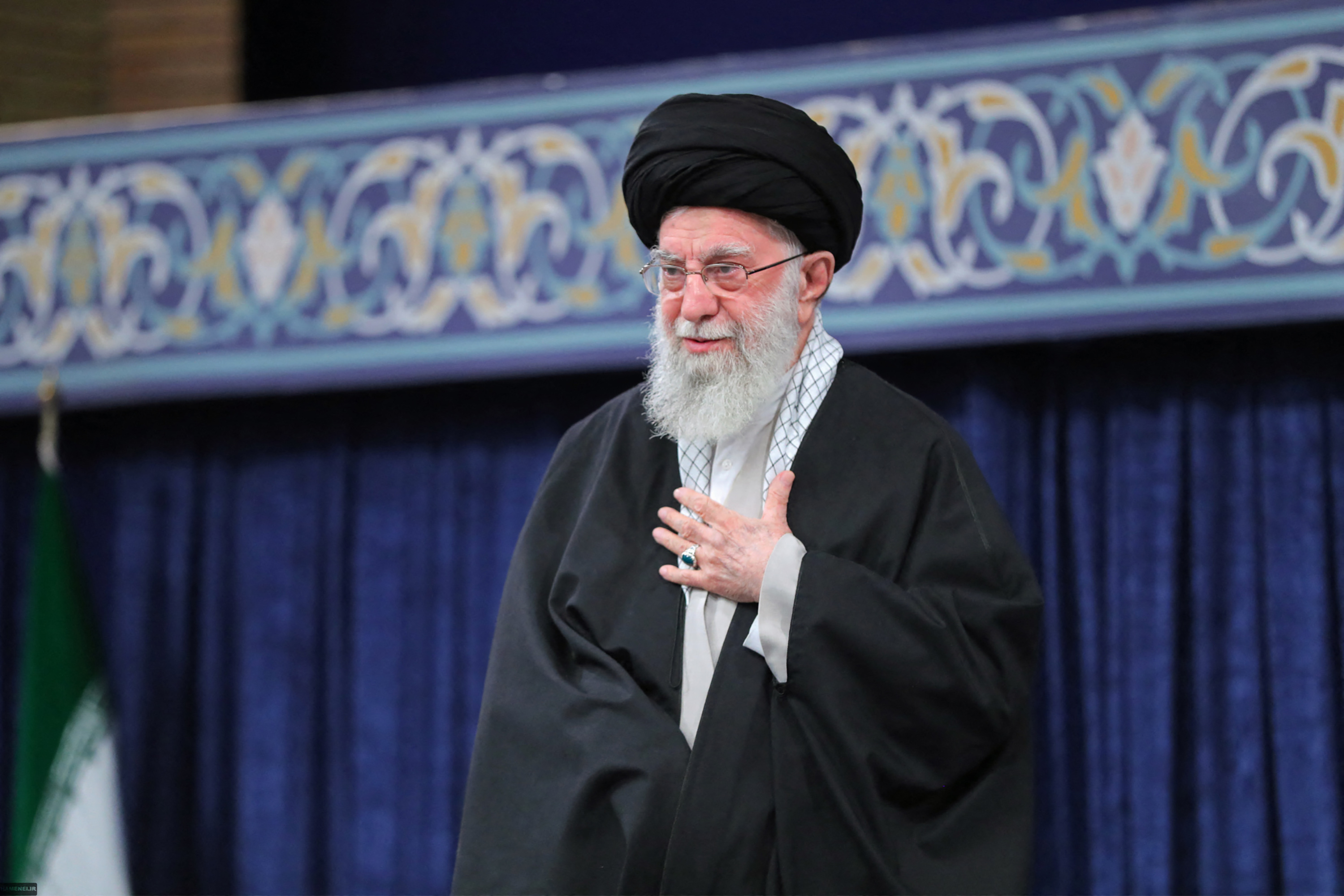
Ali Khamenei. Photo: AFP
After decades of tension and a prolonged shadow war, these attacks, which for the first time have reached such a high intensity, have sparked fears of a conflict that would affect the entire Middle East.
Israel began hostilities on Friday with the stated goal of ending Iran's controversial nuclear program. Since then, the two countries have traded attacks.
According to Israel, the army has killed high-ranking Iranian officials in the bombings, including the head of the Revolutionary Guard, Hossein Salami, and the army chief of staff, Mohammad Bagheri, as well as nine scientists working on the nuclear program.
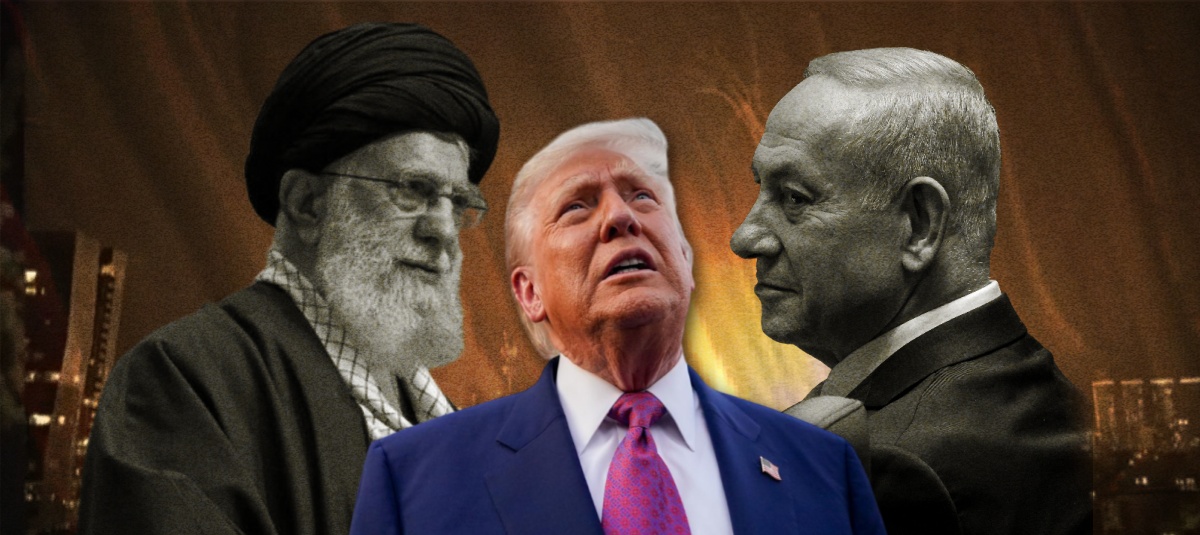
Trump seeks to negotiate a deal with Iran, but Israeli attacks torpedo that goal. Photo: EL TIEMPO Archive / AFP and EFE Agencies
Netanyahu announced Sunday in a Fox News interview that Iran's intelligence chief and his deputy had been killed in a strike in Tehran.
Hours earlier, Donald Trump called on the two countries to reach an agreement to end hostilities and warned of a "possible" US intervention in the conflict.
The US president also stressed that his country has not collaborated in Israel's attacks.
But Iranian Foreign Minister Abbas Araqchi had previously said he had "solid evidence" that US forces supported the Israeli attacks.
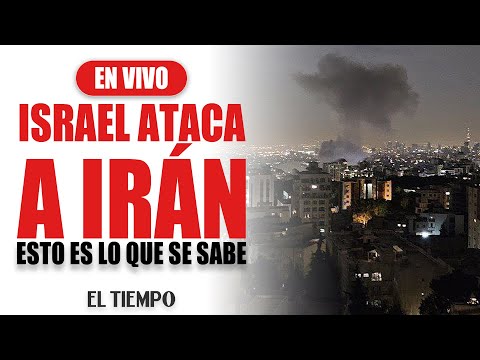
What is known about Israel's attack on Iran? What could happen? Photo:
eltiempo





